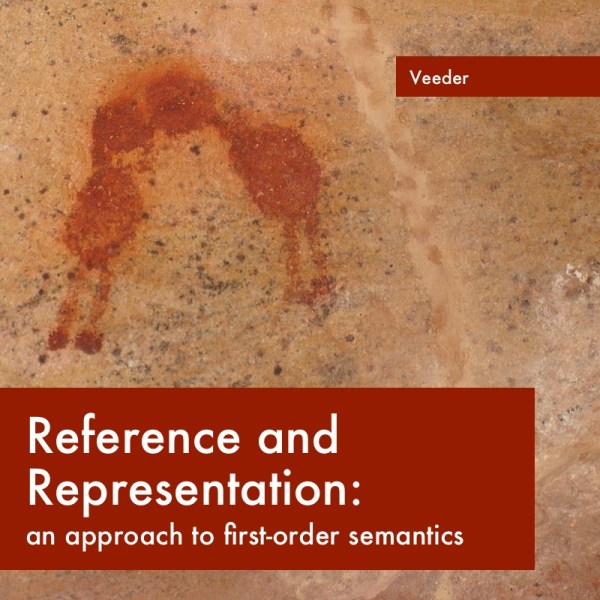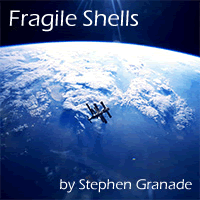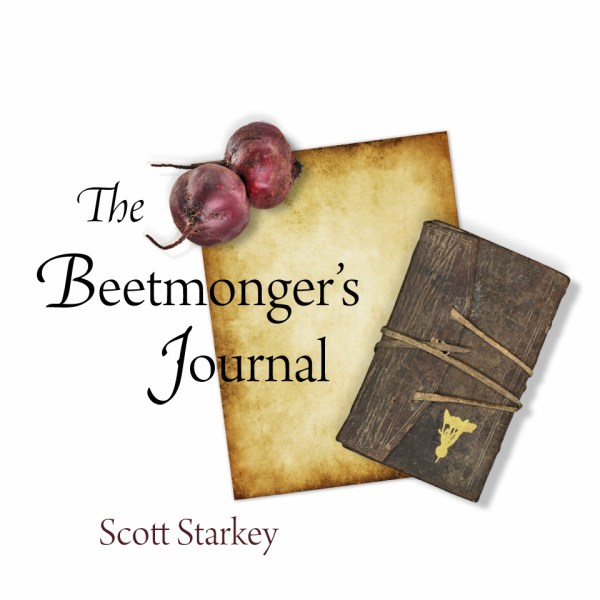There are quite a few games from the 1990s and early 2000s that are still routinely mentioned in roundups of key interactive fiction. And then there are others that felt equally or almost equally important at the time, that were commonly discussed in theoretical conversations about the state of the art, but that tend not to be remembered now nearly so often.
This list is an attempt to surface some of those games, either for interest value or because some of them really are still a lot of fun to play and worth looking back at.
John’s Fire Witch (John Baker, 1995) — from a modern perspective, this is arguably another one of any number of IF Comp-length text adventures with a pretty standard fantasy puzzle concept. At the time, there weren’t very many short games in this genre, so the concept of something accessibly-sized was notable.
Rematch (Andrew Pontious, 2000) — occasionally still mentioned by people who have been around a while, Rematch was an experiment in player expressivity and puzzle design that presented an extreme edge case of what is possible with parser IF. I tend to think of it as a bookend to Aisle: both are one-move games with a story to tell, both push the range of what we expect from parser interaction. But where Aisle simply recognizes lots and lots and lots of commands, Rematch recognizes very long and complex commands, where you’re requesting other people to do multi-part tasks for you.
Mystery Science Theatre 3000 Presents “Detective” (C. E. Forman, Graeme Cree, and Stuart Moore) — Interesting for the way it framed another work, though also in some ways a bit mean-spirited, this piece reimplements another, older work and then provides a running commentary upon that work’s failings. (It is neither as kind nor as inventive as the much more recent Re: Dragon that reframes a different entire game. At the same time, there was something interesting and daring about this: perhaps because, up to around this point, people tended to regard IF as so much effort to create that vaguely troll-y joke games weren’t that common, and neither were games that existed primarily as commentary.)
Pick Up the Phone Booth and Die (Rob Noyes, 1996) — A very short game about doing the title action and receiving the title result. But this was sufficiently entertaining to people that there were loads of spin-off joke games as well.
Sunset Over Savannah (Ivan Cockrum, 1997) — This game implemented a gorgeous beach full of meticulously interactive objects (sand to play with, underwater sequences…) and was one of the things I aspired to when I was working on simulation elements in my own games.
Worlds Apart (Suzanne Britton, 1999) — Huge and imaginative science fiction/fantasy game with many, many convenience features for the player. If you played Blue Lacuna and now want more, maybe check this out.
In the End (Joe Mason, 1996) — an early example of puzzle-less IF that took on serious subject matter instead, looking at the case of a character who is facing some serious problems and trauma.
She’s Got a Thing for a Spring (Brent VanFossen, 1997) — Prior to about 2000, this game was considered a gold standard for NPC interaction. There’s a non-player character named Bob who has loads of dialogue as well as an entire routine to how he goes about his day. The game has some other notable qualities, like an interest in landscape that sort of prefigured The Fire Tower.
Delusions (CE Forman, 1996) — one of the first hobbyist IF games I played, after Curses. It’s big, and I remember it being difficult and a bit confusing, but also ambitious and interesting. It involves a protagonist who isn’t exactly what you think, and the way your perceptions break down around you hadn’t been done much before. It was also, for the time, very technically sophisticated.
Other resources:
- Article (with lots of further links) about the history of amateur IF and the IF community
- “The Past Futures of Interactive Fiction,” a talk I gave at AdventureX
- Digital Antiquarian, for exhaustive coverage of past times and works


 Starry Seeksorrow
Starry Seeksorrow Fragile Shells
Fragile Shells If you like the archaeology angle but don’t want to spend the whole game on that,
If you like the archaeology angle but don’t want to spend the whole game on that, 


